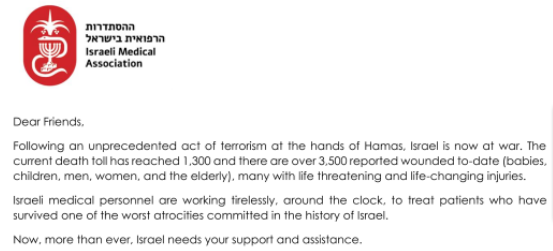While some insurance companies have jumped on board with medical tourism the uninsured is still a major market for this. According to the U.S. Census Bureau there are more than 50 million Americans that do not have health insurance; this number is said to rise with the increasing cost of health insurance. This is a large number of patients that could choose to leave the U.S. for healthcare and when savings and quality prove to be significant; it’s an option many will take.
The under-insured makes up a part of this market as well. While they do have insurance; it isn’t always enough to cover their needs in full. Dental insurance typically covers the basic preventative dental care such as cleanings and treatment of cavities; those that seek more major dental care such as implants will not be covered. In 2000 The U.S. Administration on Aging found that there were 35 million 65 year olds; and that number has and will continue to increase; making the need for dental implants and surgery a booming industry.
Back to the insured; ethnic employees are an untapped market for this industry. The thought of going to another country for a surgery can be scary to some people; language barriers, cleanliness, safety etc, but for ethnic Americans it can be preferable. They already speak the language, they don’t have to overcome fears of safety and cleanliness and it would be an opportunity for them to visit extended family and recover in their home country. In 2008 Deloitte Centers for Health Solutions conducted a survey Medical Tourism: Consumers in Search of Value; this survey showed that in 2007 an estimated 750,000 Americans traveled abroad for medical care. They estimated that this number would increase to six million by 2010.


